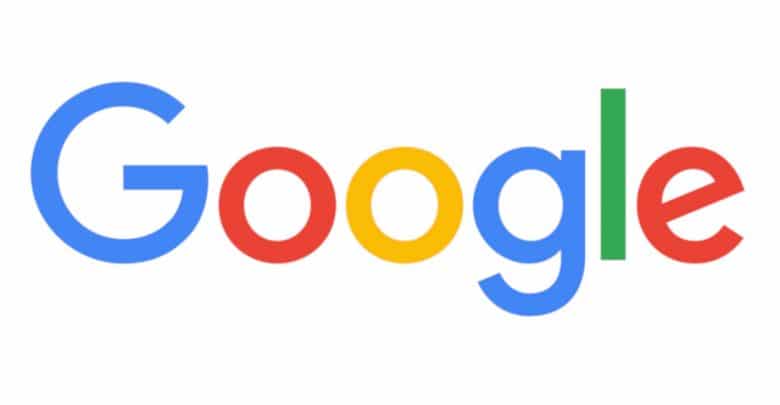
The “link tax” introduced in the course of the EU copyright reform could soon change the appearance of search results significantly. A preview by Google already shows the consequences that the introduction of the law could have.
Negotiations on the introduction and design of the Copyright Reform are currently in their final stages in Brussels. Articles 11 and 13 are particularly relevant for companies such as Google and Co., which would lead to the introduction of an ancillary copyright law throughout the EU, similar to the one already in force in Germany. In addition, platforms such as Google, Facebook, YouTube and Twitter would be required to check all content uploaded by users for copyright infringements prior to publication. In practice, this is only possible through automatic filters due to the gigantic number of uploads. Should Google wish to continue to display the search results as before, the group would have to conclude fee-based license agreements with all publishers in order to continue to be able to display the results with an image and the usual preview if it implements the copyright reform according to its current status. The additional source of revenue is intended to protect the interests of publishers who, according to some politicians and publishers, are disadvantaged by Google.
The screenshots produced by Google show which information the search engine will no longer be able to display in the future due to the introduction of the law. The Google search would then be practically unusable at least in the news and news area. Depending on how extensive the ancillary copyright law is introduced, it would be possible that the search results in the future would consist only of URLs without any additional information. The searcher would therefore have to click on links in the search results purely by chance and hope to find the required information. However, this is an extreme case that is neither desirable for Google nor for publishers, as the media would also have to reckon with high traffic losses. It is therefore likely that the ancillary copyright will not be fully implemented and that some information such as at least the article title will continue to appear in the search results. Google has already announced that a comprehensive ancillary copyright law would result in the company discontinuing its Google News offering within the EU. It is also questionable whether the corporations really earn more money in this way, which in their view is the aim of ancillary copyright law.
A compromise is therefore desirable for both sides, which will enable Google to continue to display meaningful search results without benefiting too much from the work of the publishers and which will continue to guarantee the publishers streams of visitors via the search engine.



